Research, News & Discoveries
-
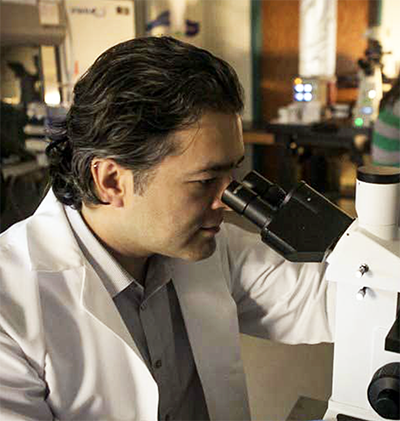
Probing cancer cell invasion
Cancer cells metastasize, or spread to different parts of the body, by escaping from a primary tumor and invading neighboring tissues. To penetrate normal tissue barriers, migrating cancer cells form membrane protrusions called invadopodia that degrade the surrounding extracellular matrix (ECM). Aron Parekh, PhD, and colleagues… Read MoreMar. 3, 2022
-

Mass spectrometry analysis reveals massive insight into neuronal signaling
Heidi Hamm, Yun Young Yim By Emily Overway Researchers in the lab of Heidi Hamm, a professor of pharmacology who also holds the Aileen M. Lange and Annie Mary Lyle Chair in Cardiovascular Research, recently published a paper exploring the G protein subunits that interact with the SNARE complex. The… Read MoreMar. 3, 2022
-
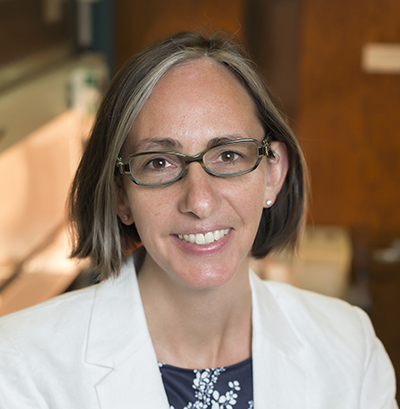
Bachmann, Cortez, Rathmell among faculty honored with endowed chairs
Vanderbilt Chancellor Daniel Diermeier and Provost and Vice Chancellor for Academic Affairs C. Cybele Raver honored faculty from across the university at an endowed chair investiture ceremony on campus Feb. 24, conferring the university’s highest scholastic rank on those who had received the designation during the COVID-19 pandemic in 2020… Read MoreMar. 2, 2022
-

CD40 expression correlates with response to immunotherapy in melanoma patients
L-R: Ann Richmond, Chi Yan By Wendy Bindeman Ann Richmond, professor of pharmacology, and Chi Yan, a research assistant professor in the Richmond lab, recently published a study showing that expression of a protein called CD40 can be used to predict response to immunotherapy in malignant melanoma. Read MoreMar. 1, 2022
-

Vanderbilt team discovers potential explanation for treatment resistance in skin cancer
Many melanoma patients are treated with drugs called BRAF or MEK inhibitors that specifically target the mutant proteins created in cancerous tumors. These inhibitors can block the tumors’ ability to grow and spread. According to Ann Richmond, Ingram Professor of Cancer Research and professor of pharmacology… Read MoreFeb. 28, 2022
-
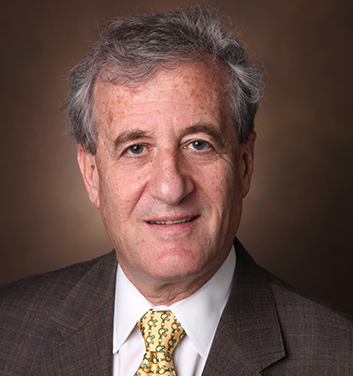
Researchers find clue to drug-induced arrhythmias
Researchers at Vanderbilt University Medical Center have made a fundamental discovery about how the heart compensates for genetic variations that otherwise could trigger abnormal and potentially fatal heart rhythms. Their findings, reported recently in the journal Circulation, add significantly to understanding what causes abnormal heart rhythms, or arrhythmias, and… Read MoreFeb. 25, 2022
-

Vanderbilt inks collaboration with precision neuroscience company Neumora to continue development of investigational treatment for neuropsychiatric disorders
Vanderbilt University has signed an exclusive, worldwide license and a research collaboration agreement with Neumora Therapeutics, Inc., a clinical-stage biotechnology company pioneering precision medicines for brain diseases through the integration of data science and neuroscience. The licensed program centers around the M4 muscarinic receptor positive allosteric modulator—including… Read MoreFeb. 23, 2022
-
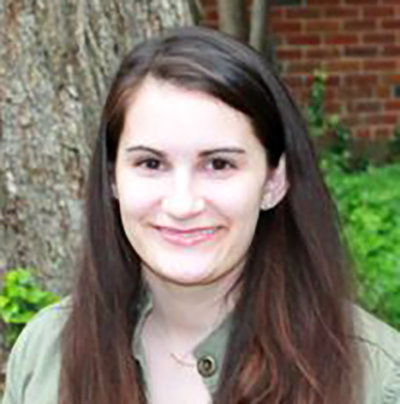
Student-led research creates a publicly available mitogenomic data source for a human pathogen
Publicly available data sources help drive progress in science, especially complete and annotated data sources. As part of a student research project, corresponding author Anne Hatmaker, a Ph.D. student in the lab of Antonis Rokas, professor of biological sciences, and first author Miya Hugaboom, an undergraduate in the Rokas lab,… Read MoreFeb. 21, 2022
-

Understanding the molecules and brain circuits recruited by stressful experience
Stressful experiences can lead to adaptive or detrimental behaviors. Understanding how stress can affect our brains can help understand basic brain function and is also essential to discerning causes and treatments for some diseases. A group of researchers led by Jeffrey Conn, professor of pharmacology at… Read MoreFeb. 18, 2022
-
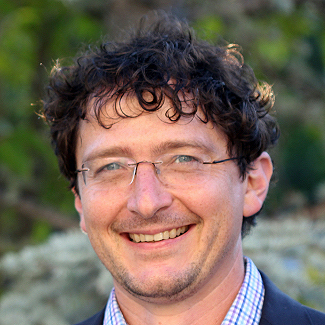
Richard Sando awarded 2022 Sloan Research Fellowship in neuroscience
Richard Sando, assistant professor of pharmacology, has been selected to receive a 2022 Sloan Research Fellowship, one of the most competitive and prestigious awards available to early-career researchers. The fellowships, awarded annually by the Alfred P. Sloan Foundation, honor extraordinary U.S. and Canadian scientists and scholars… Read MoreFeb. 16, 2022